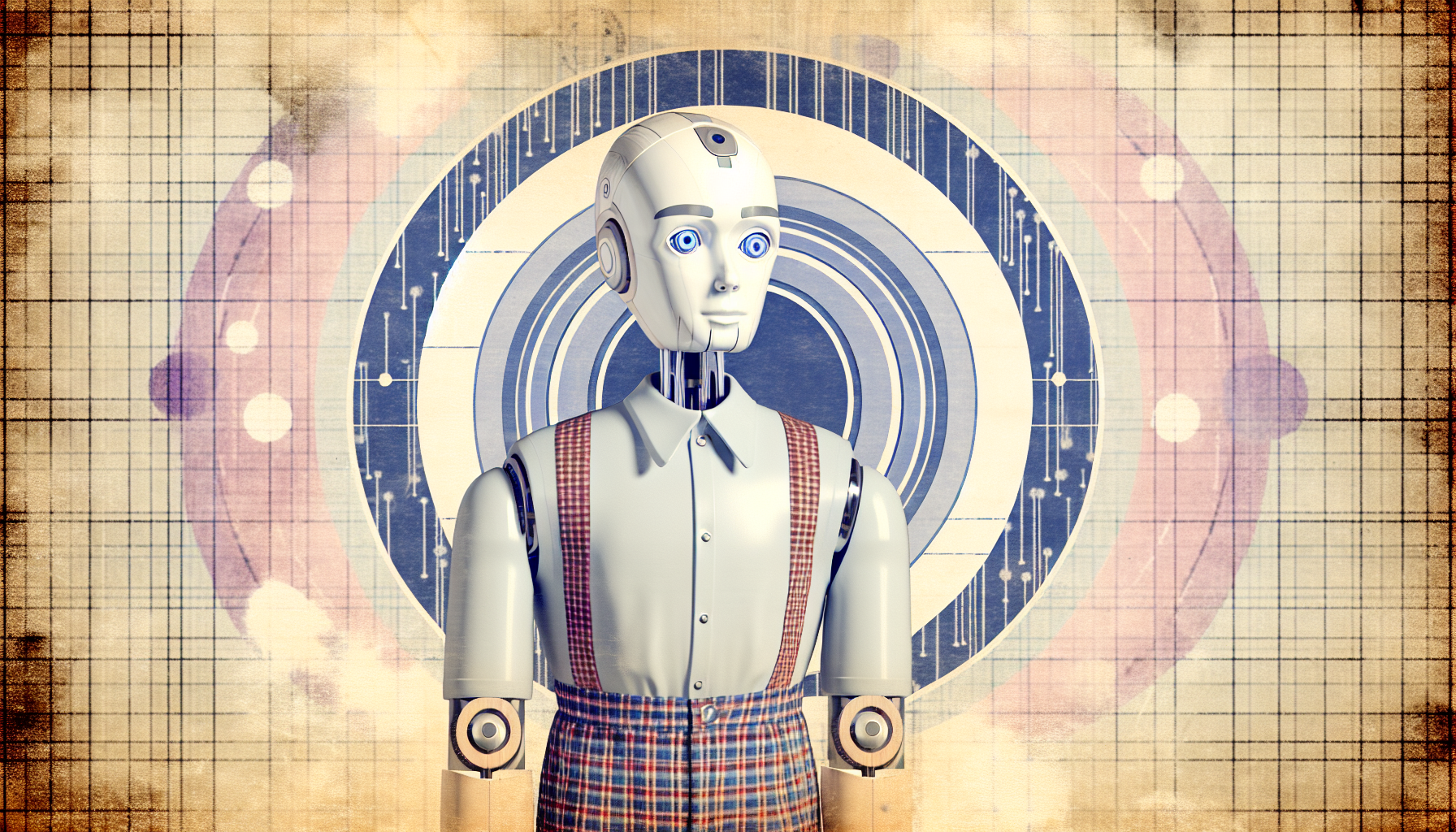As artificial intelligence becomes an integral part of our daily lives, from autonomous vehicles to digital assistants, one question stubbornly hangs in the air like the scent of coffee in a tech startup: Who is responsible when things go wrong? When AI systems make decisions or take actions that lead to unintended consequences, are the creators, operators, or perhaps the AI itself held accountable?
The Layers of Responsibility
On the surface, attributing moral responsibility in the realm of AI seems straightforward. After all, someone designs and deploys these systems, right? However, layers of complexity swiftly stack up like a Jenga tower when examined more closely.
First, consider the developers—the wizards behind the curtain. They design algorithms, write code, and ensure that an AI system can function. If a flaw in the code leads to a catastrophic error, developers might bear responsibility. Yet, most software is the work of expansive teams. It’s challenging to isolate individual culpability when segments of code are crafted in different corners of the globe by people who have never met, much less shared a cup of coffee.
Next are the companies that employ these developers and deploy AI systems. These organizations often wield their AI creations to enhance, automate, or otherwise optimize their operations. If an AI system behaves inappropriately—like a self-driving car taking a wrong turn—these companies may be seen as responsible since they reap the benefits… and sometimes the errors.
However, let’s not forget users. Even well-intended systems can cause mischief when set up incorrectly or used in ways their creators had not intended. A user’s negligence might shift some responsibility in their direction.
Can AI Be Responsible?
Ah, now we come to the elephant in the server room: Can AI itself be accountable? While it might be tempting to imagine a scenario where we lecture a rogue AI like an unruly teenager, we must remember that AI lacks agency in the human sense. Without consciousness, intentions, or emotions, AI systems do not decide or act based on moral reasoning. Much like blaming your GPS when you get lost, holding an AI accountable doesn’t quite hold up.
Some philosophers entertain the notion of “machine responsibility,” arguing for a new category where AI shares some responsibility, not in the moral sense, but as part of a socio-technical system. This is still more akin to attributing fault to a tool malfunctioning than acknowledging a flash of conscience.
The Problem of Predictability
One of the difficulties in assigning responsibility comes from the unpredictable nature of AI. While traditional tools designed by humans perform predictably, AI—especially machine learning-based systems—can exhibit behaviors not explicitly programmed. Driven by data, some AI systems learn and adapt, making decisions influenced by new inputs, often inscrutable even to their creators.
This unpredictability raises a critical question: To what extent should we hold developers and companies responsible for unforeseen outcomes? Building AI with transparency, traceability, and rigorous testing helps, but the complexity of these systems means surprises can never be entirely eliminated—much like turning on a room’s light and hoping none of your pet’s toys will suffer underfoot.
Establishing Guidelines
So, what’s the solution? Much like untangling a pair of earbuds, it might not be simple, but it is possible. Establishing clear guidelines and ethical standards is a crucial step. Many organizations and government bodies are working to develop frameworks that assign responsibility across different stakeholders in AI ecosystems—from developers and companies to governments and users.
Continued conversation and cooperation across these groups will help clarify boundaries and responsibilities. Regulation, liability laws, and ethical guidelines are all part of this evolving tapestry.
Education and Awareness
In navigating the murky waters of AI responsibility, education emerges as a beacon. A greater understanding of how AI systems operate and the potential impacts they might have empowers all stakeholders to better anticipate and manage risks.
Educational initiatives can help developers, companies, and users cultivate a robust understanding of the socio-technical implications of AI, encouraging ethical consideration throughout the design and deployment process.
Fostering public awareness ensures that users remain vigilant about the capabilities and limitations of AI systems—a bit like knowing how to swim before diving into a pool.
The Road Ahead
As our journey with AI continues, the question of moral responsibility will persist as technology evolves. While an easy solution might be as elusive as a hidden Easter egg in a video game, ongoing dialogue and collaborative efforts will lead us forward.
One day, we might find that our moral and ethical frameworks not only accommodate AI but also enrich our understanding of accountability—transforming chaos into clarity, one algorithm at a time. Meanwhile, we can all share a chuckle over the hope that AI, like a well-trained pet, won’t ever need a stern talking-to.

Leave a Reply